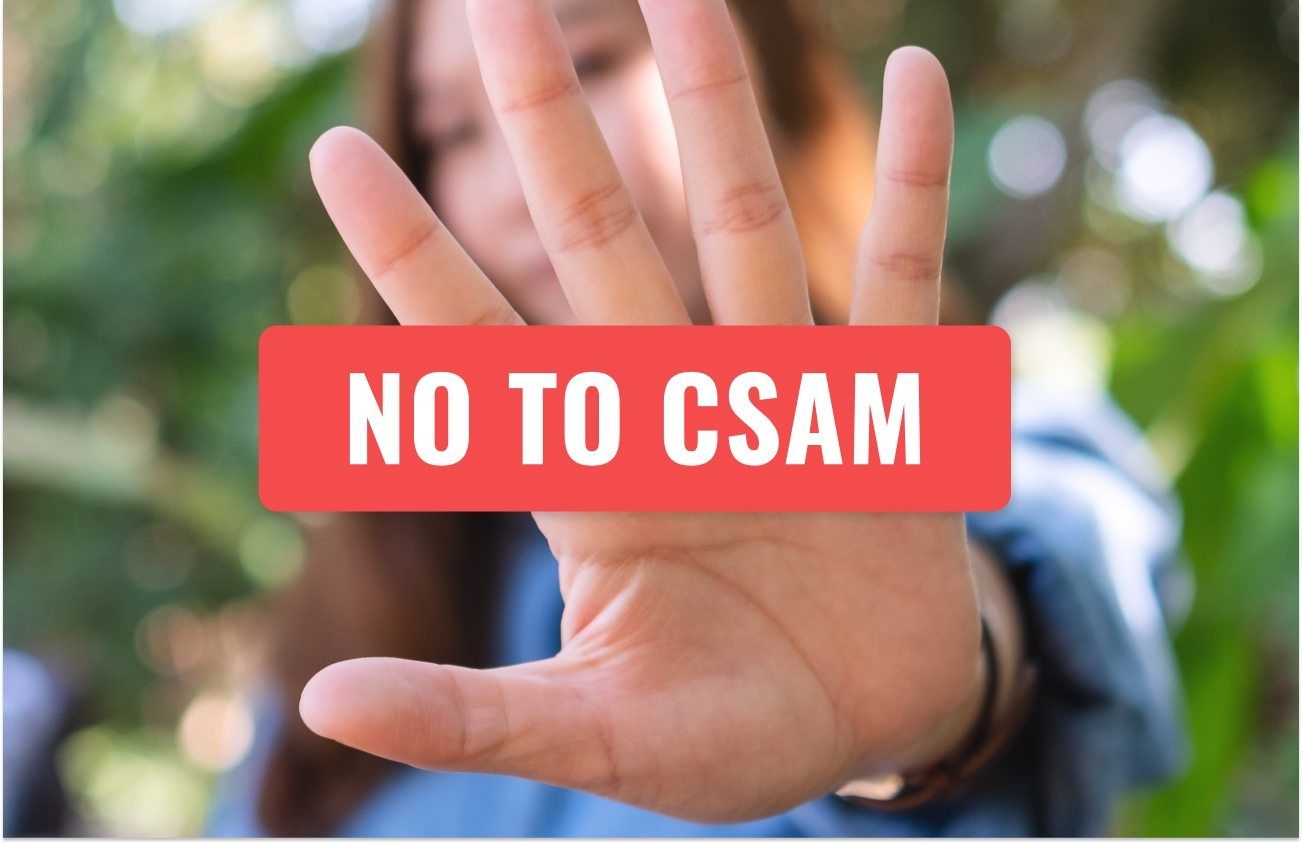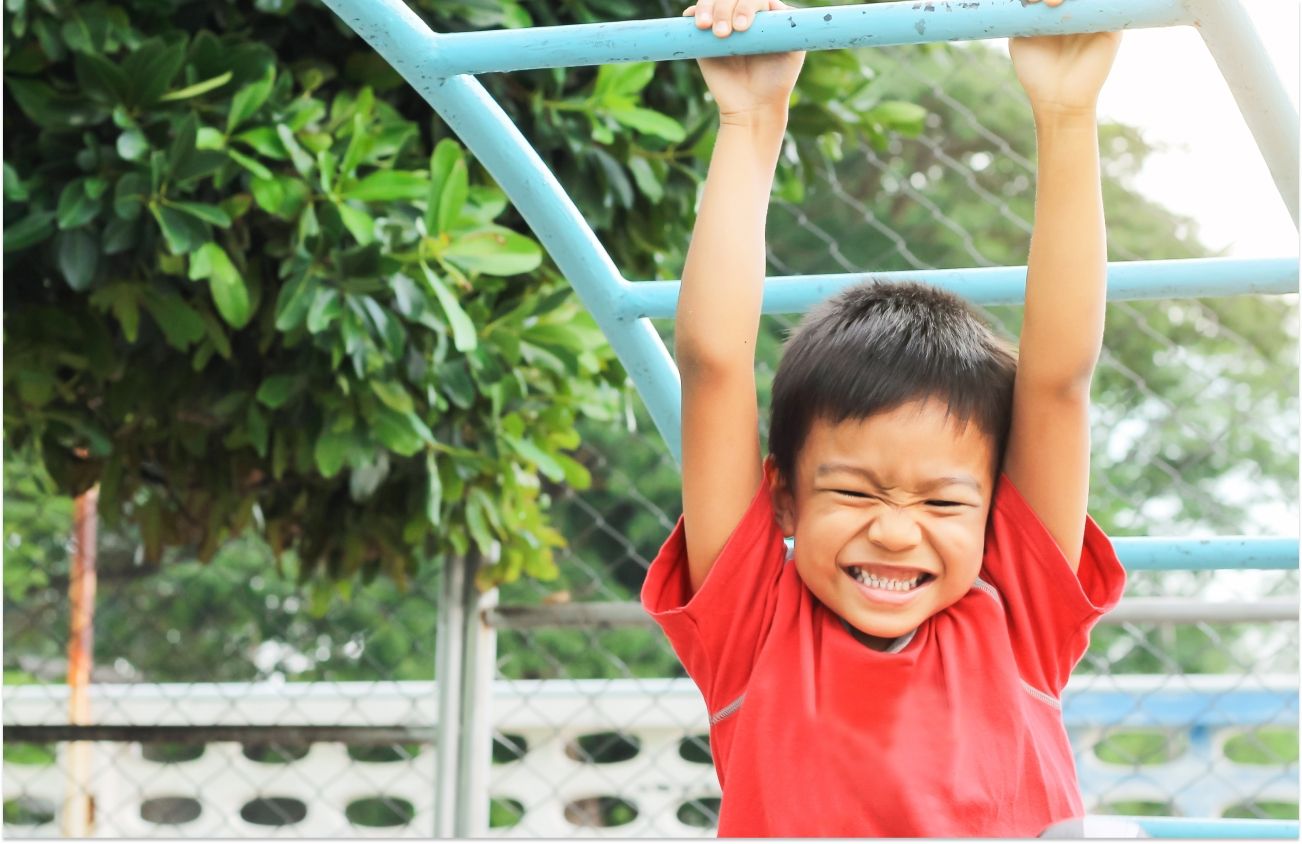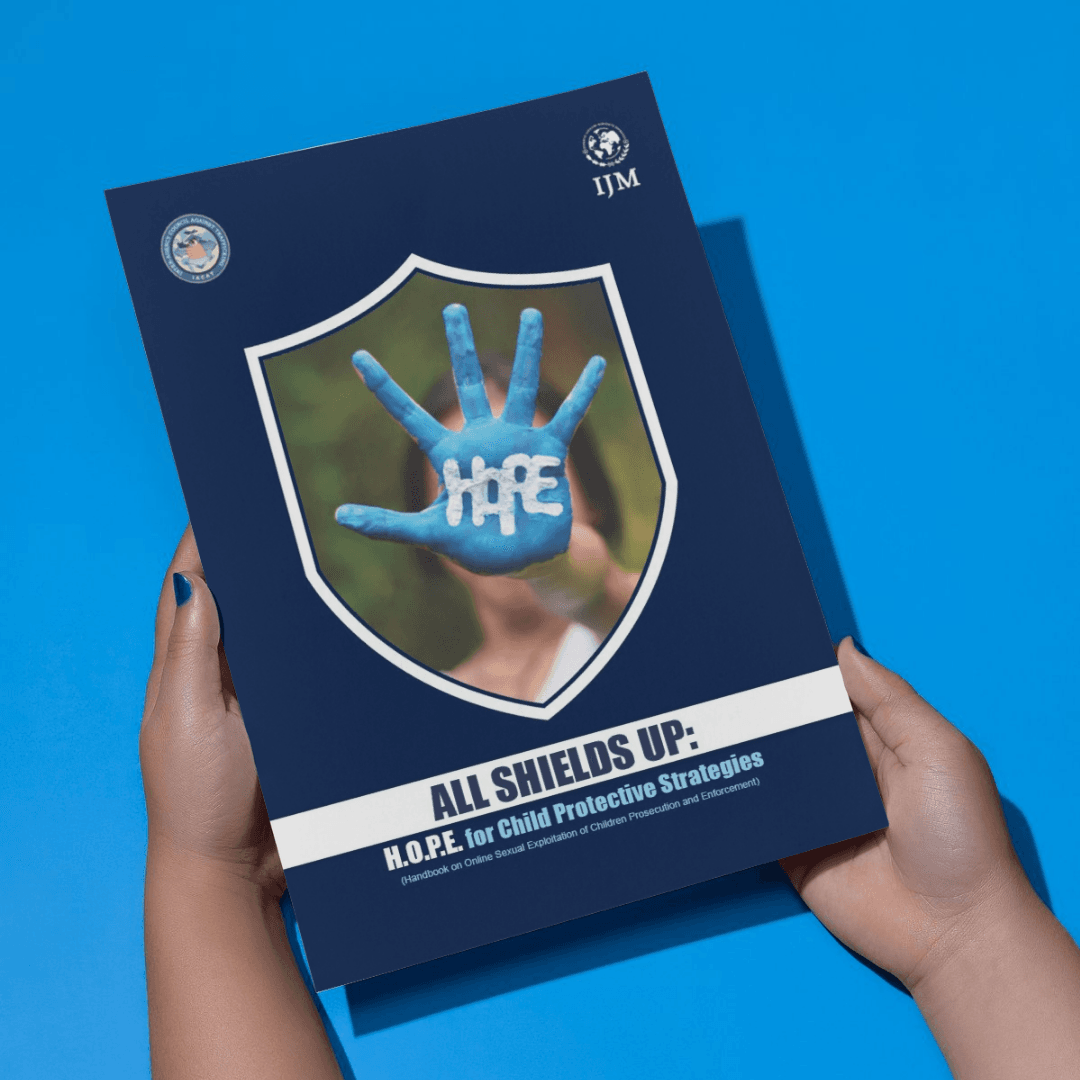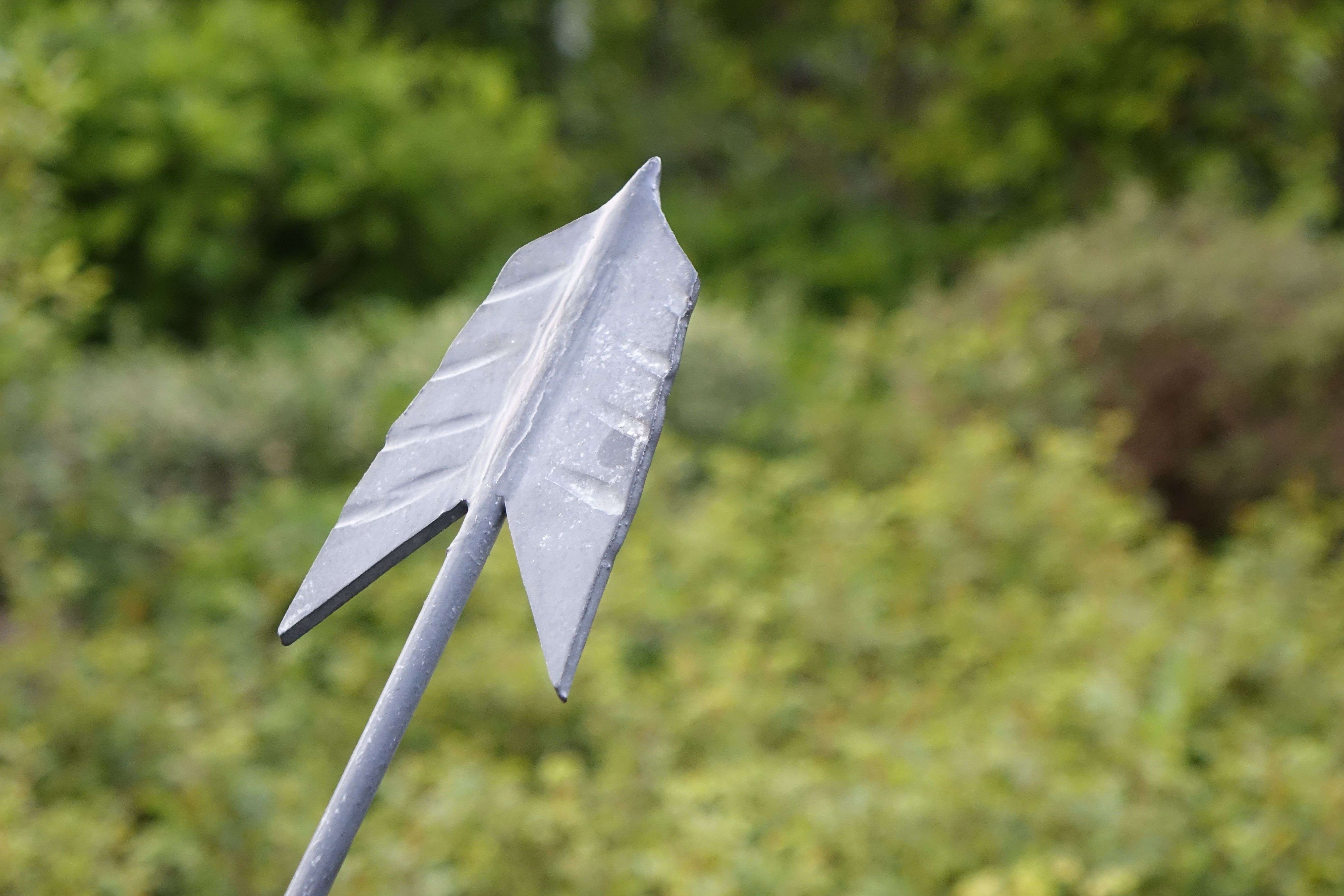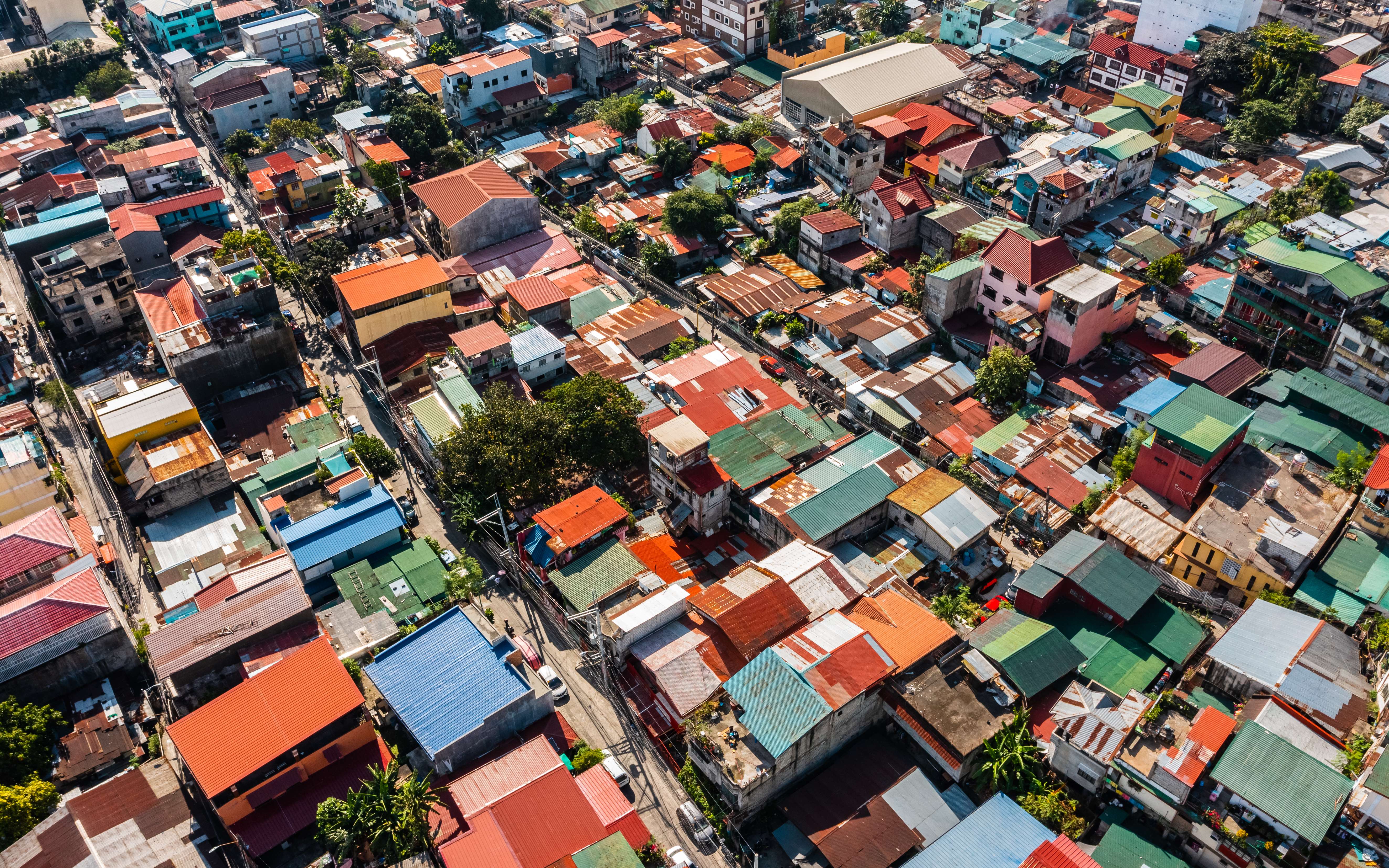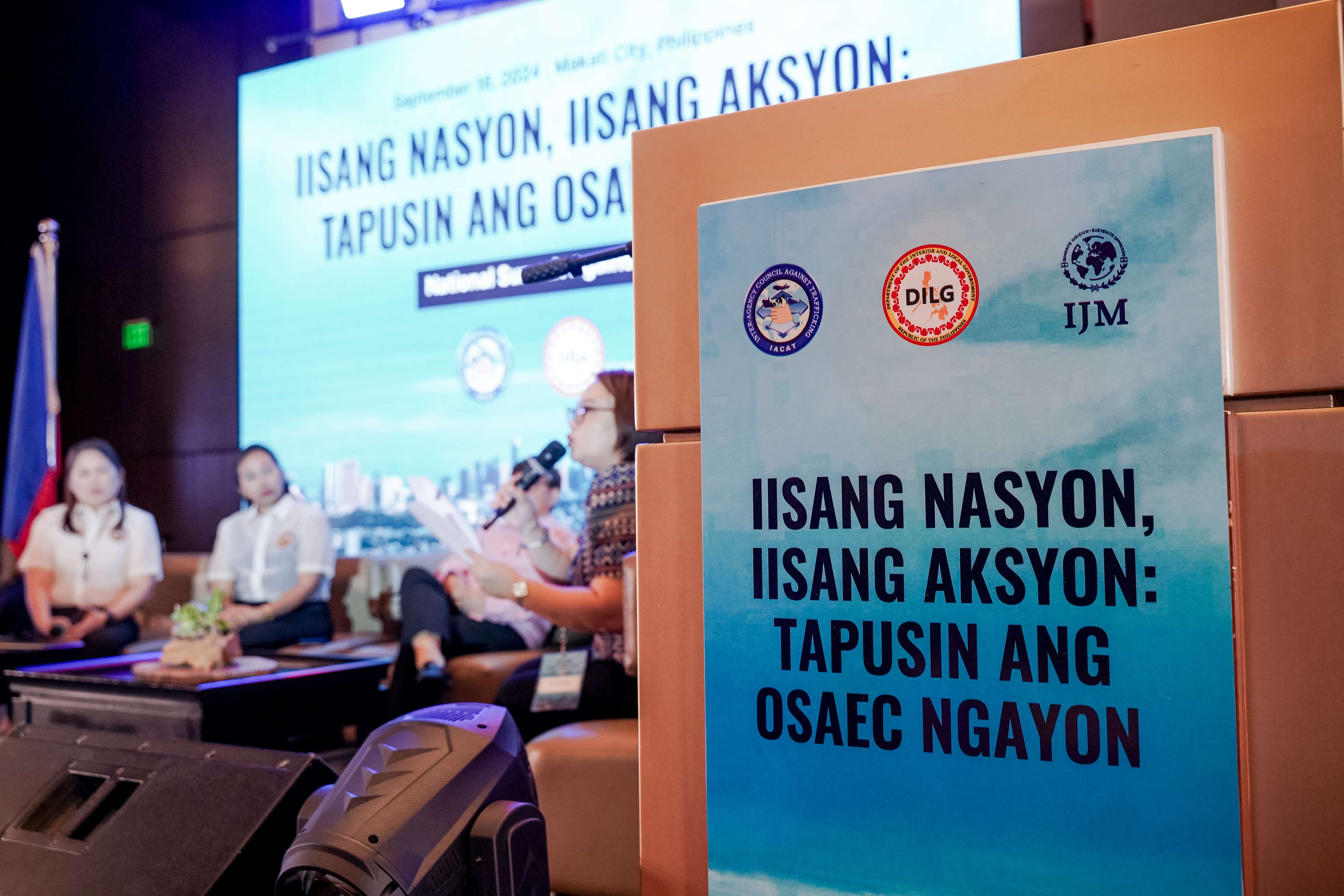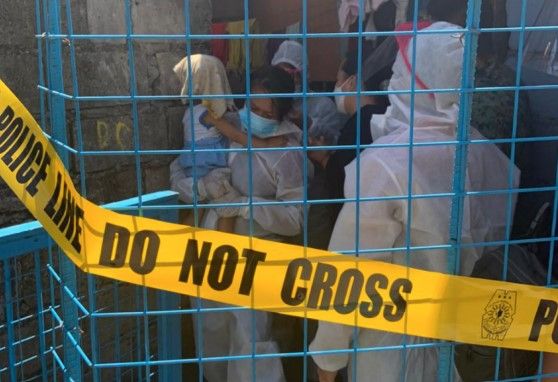
TAGUIG, PHILIPPINES – Police arrested a 30-year-old female online sex trafficker and brought eight minors to safety on Wednesday, June 17, 2020. Of the 8 victims rescued, one was a 27-year-old deaf – female who turned out to be the suspect’s younger sister. The youngest rescued was a 2-year-old-boy.
The said operation took place around 2 p.m. yesterday with the help of members of the Philippine National Police Women and Children Protection Center, Anti-Trafficking in Persons Division (PNP-WCPC-ATIPD); in coordination with the Taguig City Police Office (TCPO) and City Social Welfare and Development Office (CSWDO) of Taguig. Inside the suspect’s house, police were able to recover the following evidence from the suspect: one mobile phone, two money transfer receipts and a USB flash drive allegedly used by the suspect to carry out the crime.
The Philippines Internet Crimes Against Children Center or PICACC also assisted in the investigation by providing their resources and expertise in case development. The PICACC, a model for an enhanced global response against OSEC, is a cooperation among local and international law enforcement, namely the PNP-WCPC, the National Bureau of Investigation-Anti Human Trafficking Division (NBI-AHTRAD), the Australian Federal Police, and the United Kingdom National Crime Agency (NCA); in partnership with non-government organization, IJM.
Supported by the US Homeland Security Investigations (HSI) and International Justice Mission (IJM), this is the fifteenth IJM-supported police operation against online sexual exploitation of children (OSEC) carried out amid the COVID-19 lockdowns.
WCPC Chief, Police Brigadier General Alessandro Abella, said,
Despite the lockdown measures and challenges that lie ahead, we will be on the lookout for traffickers and abusers who are still exploiting children in exchange for money from online child sex offenders. We are ready to pursue them at all costs.
“Through our strong partnership with the Philippine National Police, we are able to provide actionable leads that not only help identify and rescue victims, but help prosecute those offenders profiting from the online sexual exploitation of children,” said Ricardo Navalta, US HSI Attaché.
“What surprised me during this rescue was that one of the victims was a differently abled 27-year-old deaf female, the older sister of the suspect and who is also the mother of some of the children rescued. Despite her chronological age, her mental state still leaves her vulnerable to abuse,” said Col Sheila Portento of the ATIPD.
There were a total of eight minors rescued from the scene – four males with ages 2, 4, 11 and 14 years old and three females, with ages 3, 15 and 27 years old. They are now undergoing the necessary trauma counseling and shelter placements. One of the male victims is the suspect’s own son while the 3-year-old girl and 2-year-old boy are children of the 27-year-old female rescued.
NBI-AHTRAD Chief, Attorney Janet Francisco, said, “NBI-AHTRAD wants to congratulate our teammates at the PNP-ATIPD for a successful operation. Children are safe from harm today because of these actions. The NBI and PNP are working tirelessly to end the scourge of OSEC. The PICACC is an international collaboration and is a world-class model for conducting these kinds of investigations. We will not rest until people stop buying and selling the exploitation and sexual abuse of our children on the internet. If you are doing it, we will find you and you will be brought to justice.”
Children are safe from harm today because of these actions... We will not rest until people stop buying and selling the exploitation and sexual abuse of our children on the internet.
“The law offers greater protection to the vulnerable. The 27-year-old differently abled woman is considered a child under the law and is entitled to an expanded care of the State which we see that the government is currently enforcing to protect her rights and pursue justice on her behalf. . This case shows that OSEC offenders will go to great lengths to abuse the most vulnerable, but the law shall hold them accountable to the fullest extent,” said IJM Manila Field Office Director Reynaldo Bicol.
“NCA is very pleased to recognize the collaboration between PICACC and HSI on this operation. The operational partners keep delivering the right outcomes and ATIPD have done great work on this case to safeguard another 8 victims. We continue to support such joint operations with all the Philippines and international partners, which demonstrates how the best results can be achieved by working together,” said David Cater, UK NCA Senior Manager in Asia/Pacific.
Detective Superintendent Andrew Perkins, Australian Federal Police Senior Officer to the Philippines adds,
This significant operational outcome further highlights the effectiveness of the Philippine Internet Crimes Against Children Centre and partner agencies in collectively bringing together capabilities to drive a collaborative response to counter child exploitation and protect our most vulnerable.
OSEC is a crime that violates the Anti-Trafficking in Persons Act or Republic Act (RA) 9208 (as amended by RA 10364), which comes with a maximum penalty of life imprisonment and a fine of P2 million to P5 million pesos. Typical OSEC offenses also violate RA 10175 (Cybercrime Prevention Act of 2012), RA 9775 (Anti-Child Pornography Act of 2009) and RA 7610 (Child Abuse Law).
One may report a suspected case of OSEC by texting ENDOSEC (space) (incident details) to 7444-64 for Smart network subscribers; or by calling the IACAT 1343 Action line; or directly connecting with WCPC at (032) 410-8483 for Visayas, and 0917-180-6037 or 0928-604-6425 for Mindanao. Or you may call the NBI Trunkline at 02 85238231or the NBI Anti-Human Trafficking Division – 02 85219208 (direct line)- 02 85238231 (local 3497) to report cases of OSEC.
Note to Editors: The Terminology Guidelines for the Protection of Children from Sexual Exploitation and Sexual Abuse, also known as the Luxembourg Guidelines, prescribes the use of the term “child sexual abuse material” or “child sexual exploitation material” instead of “child pornography”, except when referencing the name of statute. Sexualized material that depicts or otherwise represents children is a representation, and a form, of child sexual abuse and should not be described as “pornography.”
